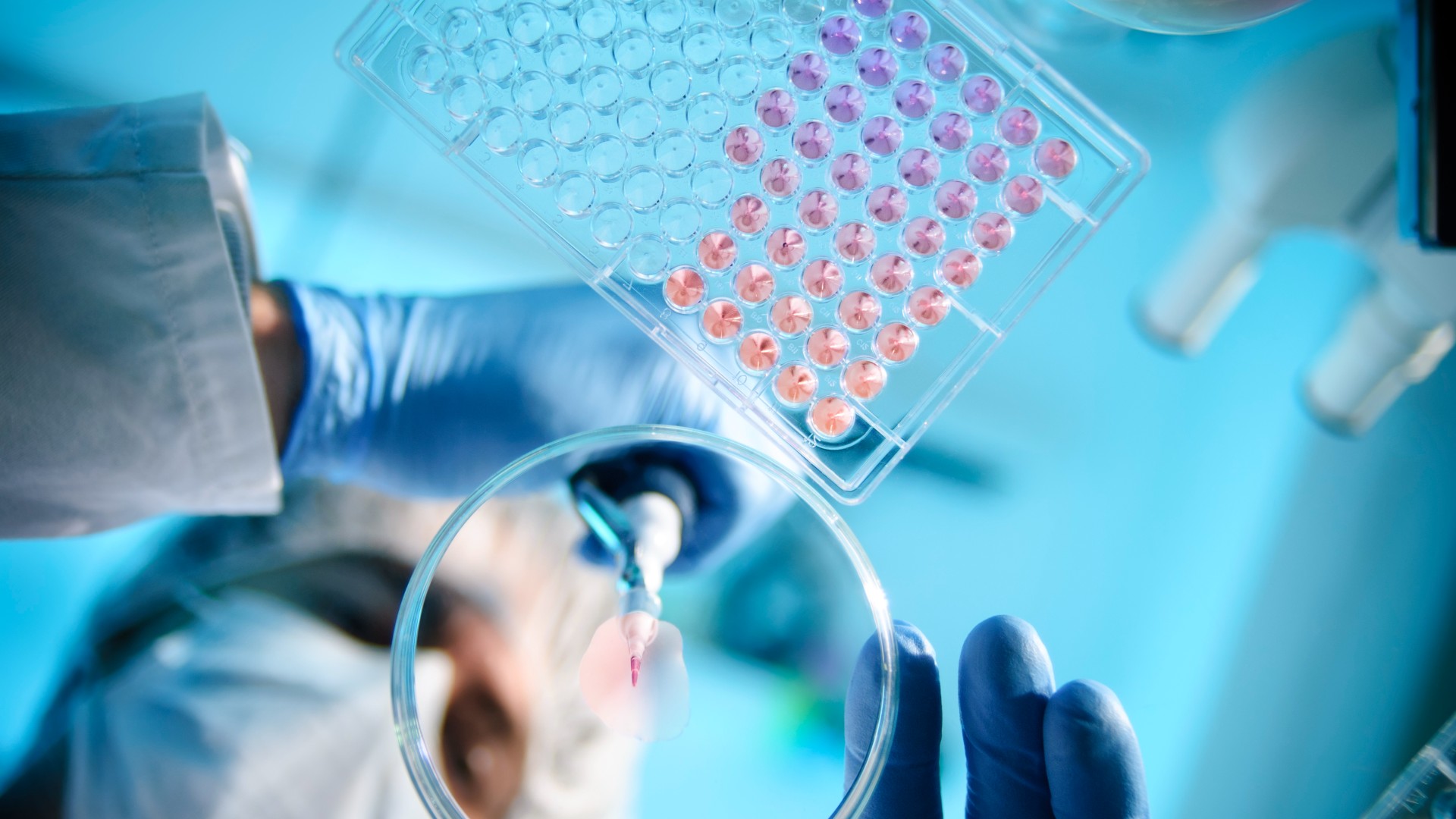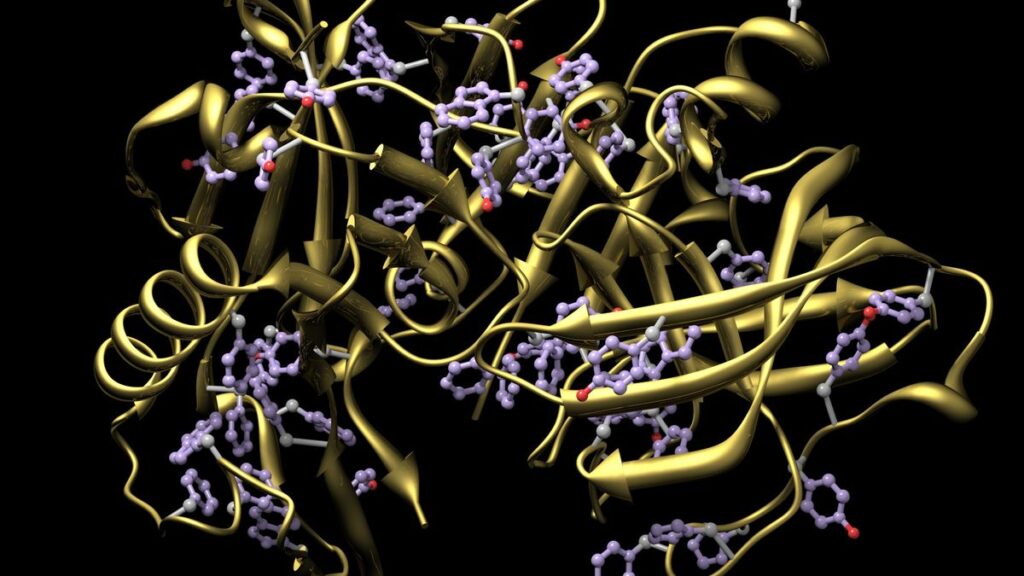Scientists have created a mega-database revealing how half a million different DNA mutations generate errors in proteins in humans. The researchers hope that the database will be used to develop new, personalized drugs that directly reverse the mutations’ effects.
The human genome carries instructions for at least 20,000 proteins, which are essential for nearly all physiological processes. Each building block of a protein — called an amino acid — is key to its function, and thus, swapping around the amino acids can essentially break a protein. “Missense” mutations — changes in a DNA sequence that swap one amino acid for another — in nearly 5,000 human proteins are known to cause genetic diseases, such as Huntington’s disease and cystic fibrosis.
However, in many cases, it’s not entirely clear how these mutations affect the structure and function of proteins and thus cause disease. Without this understanding, it is tricky to develop targeted treatments for genetic disorders without altering the genome itself, according to the authors of a new study published Jan. 8 in the journal Nature.
“Depending on what is happening to the protein, if you were to design a drug to try to fix the disease, then the approach would be completely different depending on the individual mutation that you are considering,” Antoni Beltran, lead study author and a postdoctoral researcher at the Centre for Genomic Regulation in Spain, told Live Science.
Related: 2024 Nobel Prize in chemistry awarded to scientists who revealed a ‘completely new world of protein structures’
To tackle this issue, Beltran and colleagues created an enormous database that catalogs the effect of more than 500,000 missense mutations on the stability of 522 protein “domains,” meaning the regions of proteins that are key to their function. They call the database a human “domainome,” and they built it by systematically triggering mutations in proteins in the lab. They then transferred the mutants into yeast cells and monitored the effects.
In the new study, the team especially homed in on 621 missense mutations from the database that were already known to cause diseases in humans. They found that 60% of these mutations made affected proteins less stable. Unstable proteins are more likely to misfold or denature; like origami, proteins must be folded a particular way to reach their intended form. Misfolded proteins can accumulate within cells, potentially causing damage, or simply be degraded by the body, leaving the cells unable to function.

For instance, the inherited form of cataracts — an eye disease that clouds the lens of the eye — is triggered by mutations in genes for beta-crystallin proteins, which normally maintain the lens’s transparency. In the new study, Beltran and colleagues discovered that 72% of these mutations destabilize the crystallin proteins, increasing the odds that they clump together and form cloudy areas in the lens.
Rather than causing instability, some missense mutations led to different changes in proteins. For example, some of the mutations behind Rett syndrome, a rare neurodevelopmental disorder, prevent a specific protein from binding to DNA. This process would normally enable the protein to turn genes on and off in the brain, but in the syndrome, this goes awry.
Although the first and biggest database of its kind, so far, it covers only 2.5% of known human proteins, so more work is needed to expand it, Beltran acknowledged. More research will also be needed to determine if the effects seen in isolated domains also show up in full-size proteins.
The team’s ultimate goal is to build a database that’s useful for predicting the effect of any mutation on protein stability, Beltran said. Such a tool could theoretically enable scientists to develop better drugs for genetic diseases that target the faults in proteins that drive the conditions.
